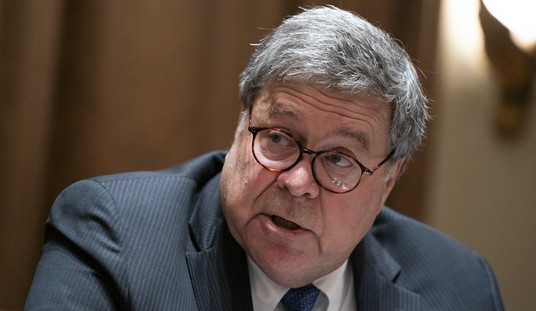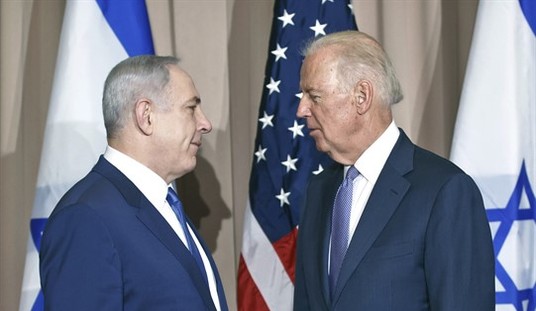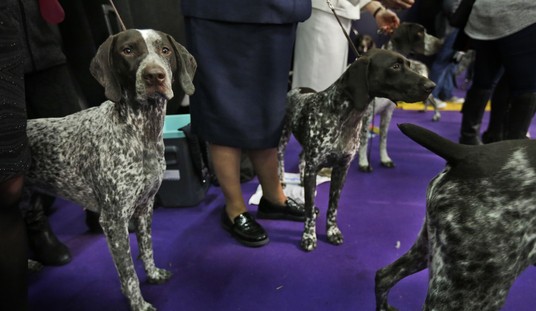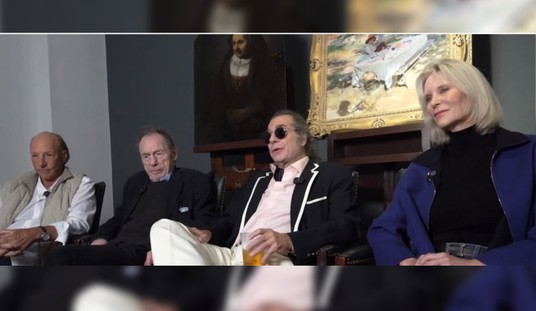You might think that my title is merely rhetorical: “Of course we in the West are in favor of free speech.” Do you think so? Writing in The New Criterion a few years ago, Anthony Daniels had this to say about the prospects for free speech in Britain:
The huge change in British society, from a free and orderly but very unequal society to a highly regulated but disorderly and rather more equal society, came about because the ruling political passions and desiderata, particularly among the ever-more important intelligentsia, changed from freedom and equality before the law to equality of outcome and physical well-being and comfort. If freedom failed to result in the latter, so much the worse for freedom: very few people in Britain now give a fig for it. The loss of their double-glazing would mean more to them than the loss of their right to say what they like.
“The loss of their double-glazing would mean more to them than the loss of their right to say what they like.” Ouch.
Or perhaps I should say “hurrah”? Over at National Review Online, Charles C. W. Cooke has some depressing news, the burden of which is summed up in his headline: “Majority of Democrats, 37 Percent of Republicans Want to Repeal First Amendment.” Yes, that’s right folks, give us our double-glazing, free speech be damned.
Actually, at issue in the you.gov poll that Cooke cites was not physical comfort but the psychological variety. “[M]any Americans support making it a criminal offense to make public statements which would stir up hatred against particular groups of people.” There is a political divide here—51% of Democrats support criminalizing hate speech, while only (only?) 37% of Republicans do. Also, more blacks support criminalizing “hate speech” than do whites.
But those divisions, while interesting (and predictable) enough, skirt the main issue, which is the phantasmagoric nature of the alleged tort, i.e., “hate speech.” As I have noted elsewhere (here, for example, and here), “hate speech” is a made-up offensive. The scare quotes are necessary because the phrase is simply periphrasis for “speech I don’t like.” Should that be actionable? To judge by the fetid atmosphere on many college campuses today, where infantilization is the rule and “trigger warnings” and campaigns against “micro-aggression” are the means, you might be tempted to conclude that the answer should be “Yes, it should be actionable.”
But in fact, as the law professor and blogger Eugene Volokh and others have pointed out, there is no “hate speech” exception to the First Amendment. As Volokh wrote in the Washington Post, “Hateful ideas (whatever exactly that might mean) are just as protected under the First Amendment as other ideas. One is as free to condemn Islam — or Muslims, or Jews, or blacks, or whites, or illegal aliens, or native-born citizens — as one is to condemn capitalism or Socialism or Democrats or Republicans.”
Note the parenthetical remark following the phrase “hateful ideas”: “whatever that might mean.” The qualification is critical (is it really necessary to spell this out?) because one man’s hateful idea can be another man’s rallying cry. I did not like the posters proclaiming “Bush=Hitler,” but it would never have occurred to me to prosecute the people who created or disseminated them.
Yes, U.S. law carves out some narrow exceptions to its robust protection of free speech: speech intended to spark imminent violence, for example, or so-called “fighting words,” “face-to-face personal insults addressed to a specific person, of the sort that are likely to start an immediate fight.” But the law has never defined “hate speech” for the simple reason that it is a nebulous and ultimately subjective commodity, essentially coterminous with the phrase “speech I disapprove of.” Should rudeness be enrolled in the index of criminal speech? How about “unpatriotic speech”? How about speech expressing “evil ideas”? (Would that be speech extolling the virtues of capitalism or criticizing that mode of economic activity?) In order to appreciate how quickly one can proceed from the merely self-righteous to the truly surreal, consider this story, which happened to be advertised next to Cooke’s when I was reading the piece: “PETA’s Complaint of ‘Verbal Abuse’ Against Sheep Was Actually Investigated.” Yes, that’s right, “Representatives from the People for the Ethical Treatment of Animals went undercover to get footage of a sheep farmer using curse words in front of a flock at Boorungie Station in Australia — then used it to file a complaint claiming the behavior constituted abuse.” “Ridiculous!” you say. “Utterly absurd!” you scoff. But real, all too real. So far, as Cooke concludes, “When it comes to the protection of free expression, the United States is exceptional among nations. That there are so many people in this country who wish to change that is terrifying and sad.”








Join the conversation as a VIP Member